T: 01822 851370 E: [email protected]
Visit RSN Survey about life in rural England to find out more.
December Edition of Casebook from the Rural Health and Care Alliance
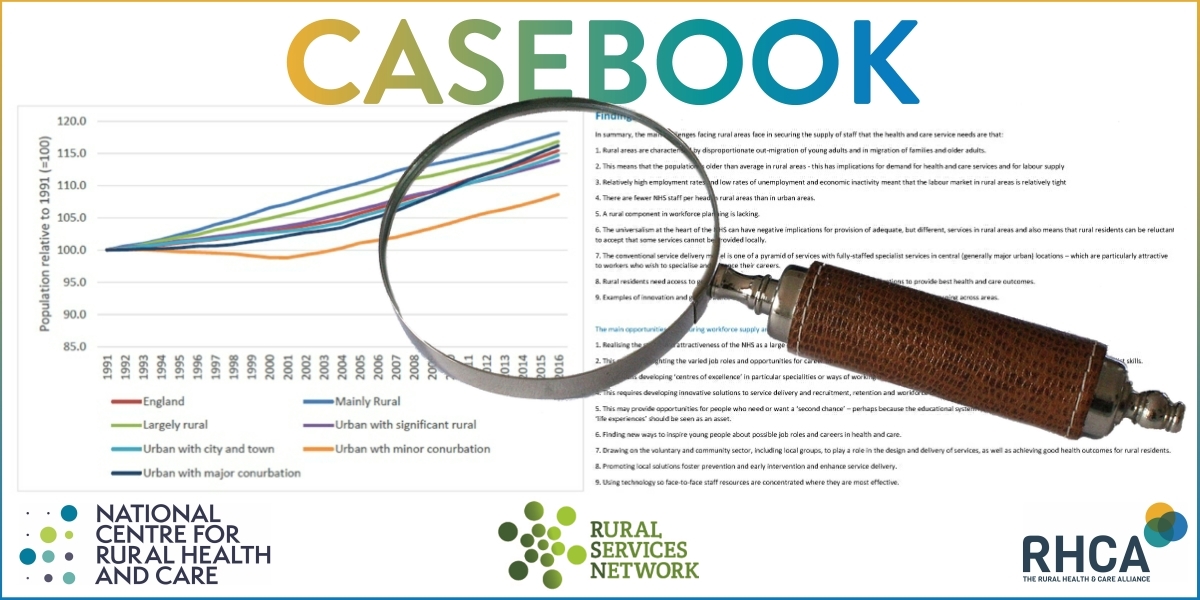
December 2022 Edition
This time round some thoughts on the impact of industrial action on rural dwellers, covid in another couple of twists and turns, a miracle dog, workforce dynamics and our agenda for next year…
NEWS COMMENTARY
Hospitals told to free up beds for ambulance strike
I don’t want to open up much of a debate about the industrial action but I do think it is important to note the wider challenges facing rural dwellers arising from stories like this. It tells us:
Hospitals should free up beds to prepare for "extensive disruption" caused by ambulance staff strikes in England, NHS bosses have urged.
They said patients need to be safely discharged where possible to enable ambulance staff to hand over patients.
Ambulance staff are to walk out on 21 and 28 December in a dispute over pay.
Dr Adrian Boyle, president of the Royal College of Emergency Medicine said freeing up more beds would be very difficult for hospitals to achieve.
"We don't hold up ambulances for fun," he told Radio 4's Today. "It really is difficult. We always want ambulances to return to the front line as quickly as possible and we've been struggling to do this in the last three years."
Asked what the solution was, he said it was not just provision of social care to enable elderly people to be discharged from hospital.
"We run our hospitals very tight compared to our European comparators," he said, adding: "It's not just about social care but about making sure our hospitals are big enough to cope."
The strike by ambulance staff on 21 December comes the day after a nurses' strike.
"It's something that makes everyone who works in this sector pretty anxious," said Dr Boyle.
Full article: https://www.bbc.co.uk/news/uk-64005274
How Covid has dealt the NHS a lasting blow
Really interesting article about the institutional equivalent of long covid in the context of the NHS.
IFS research economist Max Warner says: "The NHS is showing clear signs of strain heading into the winter and is treating fewer patients than it was pre-pandemic, across many types of care.
"The real risk, almost three years on from the start of the pandemic, is that the Covid hit to NHS performance is not time-limited.
"Going forward, we need to grapple with the possibility that the health service is just able to treat fewer patients with the same level of resources."
A Department of Health spokesperson said: "As the IFS report acknowledges, Covid had a significant impact on the NHS, and we are focused on delivering the biggest catch-up programme in health history".
They said the NHS had reduced waits of 18 months by 60% in a year and "virtually eliminated" waits of more than two years.
"We're allocating an extra £500 million to speed up hospital discharge, getting ambulances back on the road more quickly, and increasing the number of NHS call handlers."
This is the second of a series of IFS reports.
The first found the NHS was doing less than before the pandemic, despite more staff and funding.
But this one is designed to highlight the complexities and mitigating factors, concluding there are significant long-term changes to the health and care landscape worthy of further investigation.
Full article: https://www.bbc.co.uk/news/health-63962629
'Max the miracle dog' helps fund Great North Air Ambulance vehicle
A heart-warming story with a serious background about the impact of animals in addressing mental health and well-being and in a rural setting!
A springer spaniel who became an online star for his daily walks has helped fund an emergency vehicle for the Great North Air Ambulance Service (GNAAS).
Before his death in April, "Max the Miracle Dog" gained worldwide fame when videos of his walks in the Lake District were posted on Facebook.
About £120,000 was raised through charity events involving him and fellow spaniels Paddy and Harry.
The vehicle, which carries Max's pawprint, will be used in Cumbria.
The keys were handed over at an event held in Keswick on Saturday.
Kerry Irving, owner of the three dogs, credits Max with saving his life when he was troubled by depression and severe pain following a car crash.
He said: "Max was there when I needed him.
"[His] popularity went on to help thousands of other people up until he passed away.
"Helping others in need is the greatest gift we can all give, and our community-funded critical care vehicle given to GNAAS will help thousands of people in their hour of need."
Full article: https://www.bbc.co.uk/news/uk-england-cumbria-64018216
Covid warning for people seeing vulnerable loved ones at Christmas as hospitalisations surge
Covid is on the rise in rural settings again….
People going home for Christmas have been warned of the dangers of Covid for vulnerable family members as more than 10,000 people in England could be in hospital with the virus by the end of the year.
It comes as the latest NHS England figures showed there had been a 22 per cent increase in the number of people in hospital with Covid in a week. There were 6,720 people in hospital with the virus on 14 December, up from 5,501 on 7 December, according to data released by the health service.
NHS Covid doctor Dr Daniel Goyal said the jump in hospitalisations is “very concerning” and warned that the rising number of cases is exacerbating the “worst healthcare crisis that any of us have ever experienced”.
Full article: https://www.independent.co.uk/news/health/covid-hospitalisations-nhs-winter-flu-b2246562.html
Tell us: are you returning to the UK workforce in your 50s?
Professor Roger Strasser came and spoke to us at the Lincoln Institute of Rural Health and identified recruitment and retention as the biggest global drivers of rural health inequalities. This call for evidence will provide some real insights into the drivers underpinning the loss of a significant cohort of our rural health and care workforce and most interestingly, why they might be seeking to return to work…
Record numbers of people aged 50 and over in the UK left the workforce and became economically inactive after the pandemic, the Office for National Statistics (ONS) said this spring. However, the trend seems to be reversing. Over 50s are now returning to the workforce, and we want to hear from them.
We’d like to hear from people in their 50s and 60s who have returned to the UK workforce, perhaps after a period of inactivity. How and why did you return to the workforce? Were you planning to return, or did something prompt you to go back to work? Has the cost-of-living crisis affected your plans?
Full article: https://www.theguardian.com/money/2022/dec/13/tell-us-are-you-returning-to-the-uk-workforce-in-your-50s
MEMBERS ARTICLES
We’d love to hear from you - share what you’re proud of
If you have something, you would like us to feature in a future edition, please let us know by clicking here to send us an email.
NATIONAL CENTRE UPDATE
This month time to share the key features of our achievements in 2022. Details include our plans to:
1) Pilot the National Centre for Rural Health and Care Toolkit
2) Develop a curated network for innovative primary care centres which are community focused
3) Create a knowledge exchange of good practice and problem solving focused on the rural challenges associated with the interface between health and care
4) Create a rural mental health network
All these activities have their roots in our parliamentary inquiry and are a key part of our focus on addressing rural health inequalities.
You can read more here
Spread the word
If you know of other organisations that you think would benefit from joining the Rural Health & Care Alliance, please click here to email us and let us know.
RURAL SERVICES NETWORK
Up to date news on Health and Care
The Rural Services Network provides a useful source of themed news content and data. Check out the latest news on Health & Wellbeing and Vulnerability, where you’ll find articles on a diverse range of rural issues affecting rural communities. You might also find this research on Over 65 Population Projections useful too.
Latest from RSN Member Insights
RSN Member Insights is the place to discover the statistics that define communities within our membership. It is regularly updated with new analyses, and these will be highlighted in the 'What's New' section of the RSN's Weekly Rural Bulletin. The Rural Bulletin also provides a selection of the most rurally topical news items, so do subscribe and encourage your colleagues to subscribe to what is an invaluable weekly periodical.
To make a suggestion of data that would benefit you by being included in the Member Insights section, please email Dan Worth, our Research and Performance Analyst, at [email protected].
| The Rural Health & Care Alliance is a membership organisation administered by the Rural Services Network on behalf of the National Centre for Rural Health & Care. Explore the RHCA service below: |
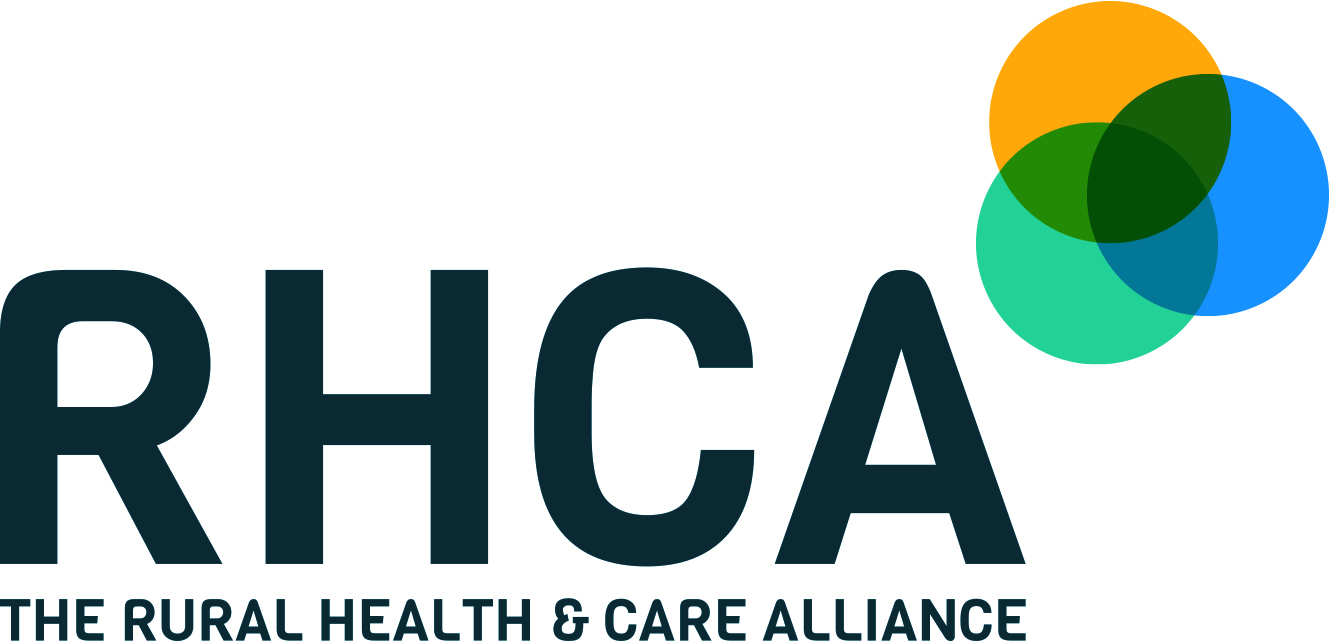 |
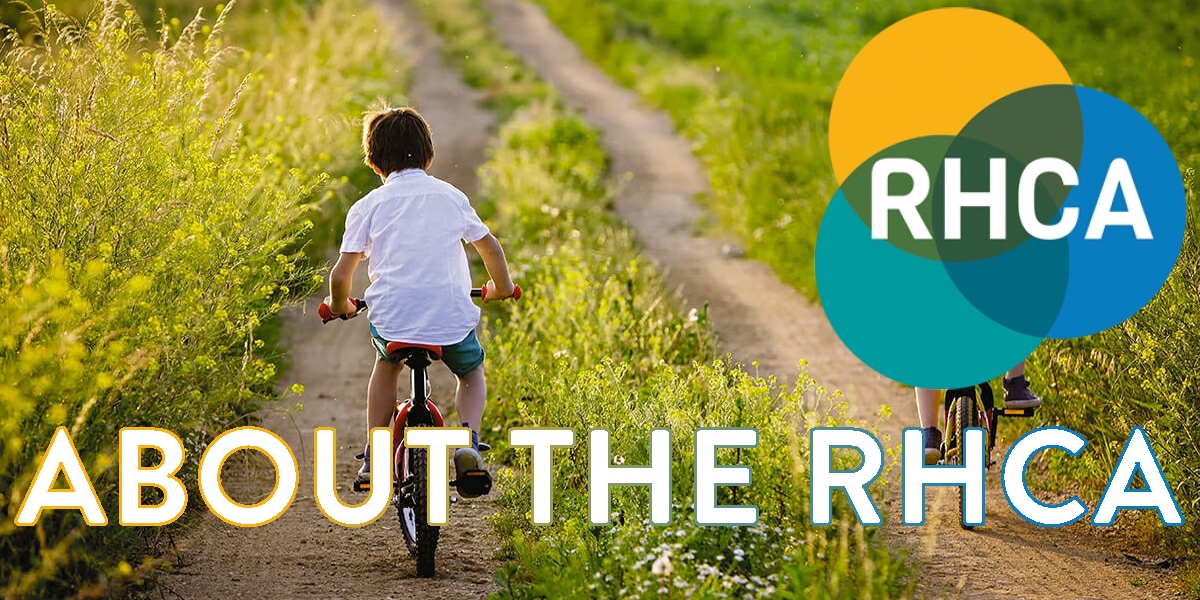 |
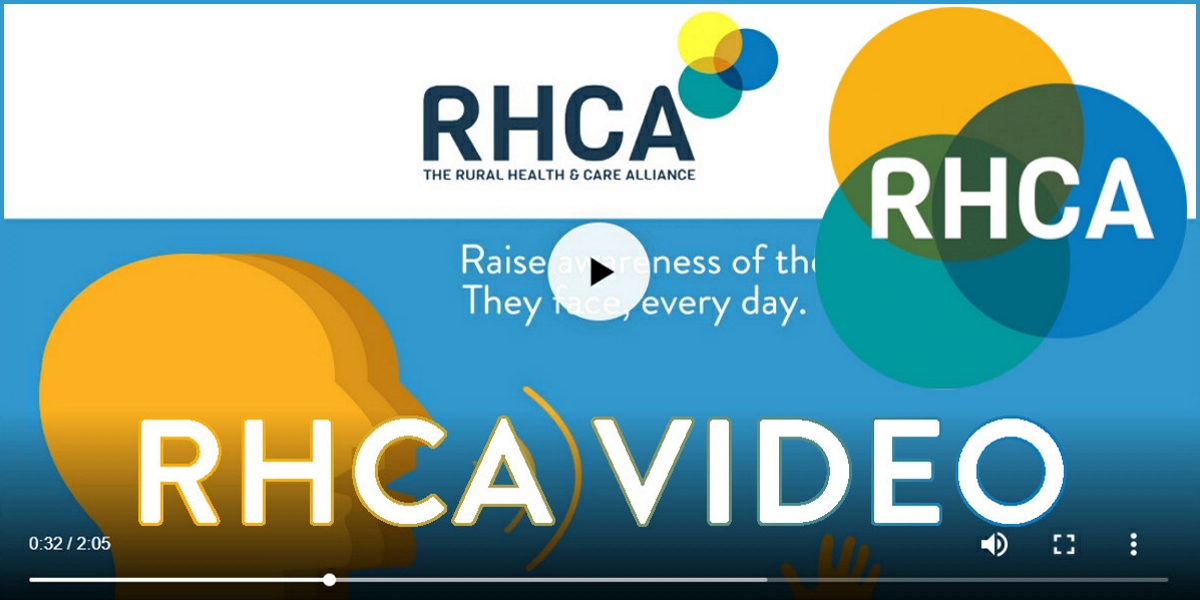 |
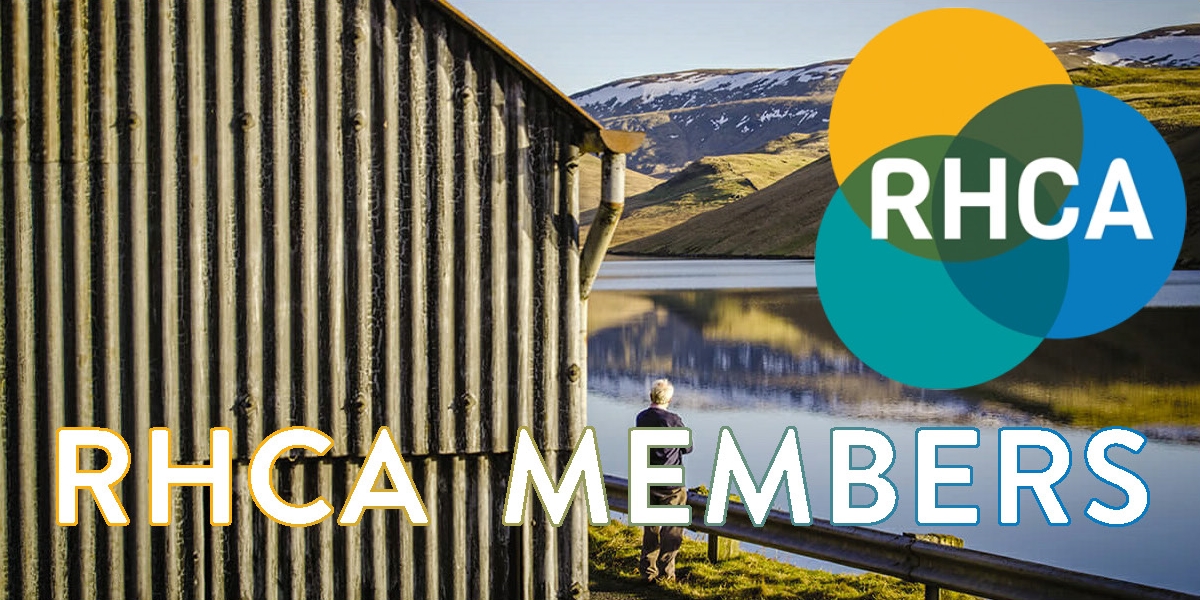 |
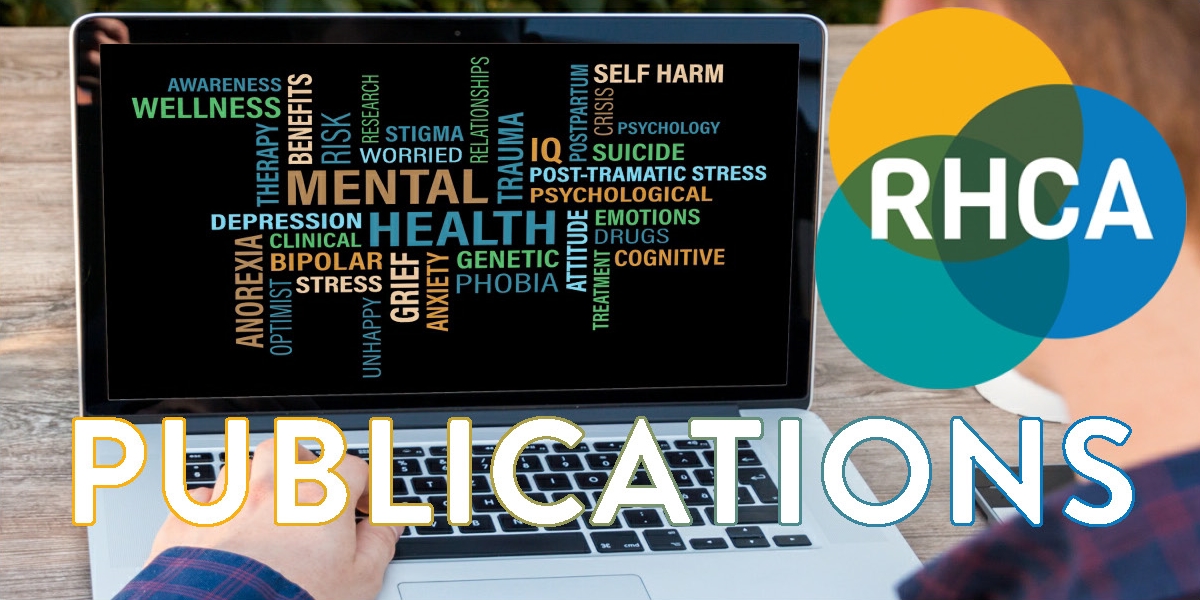 |
 |
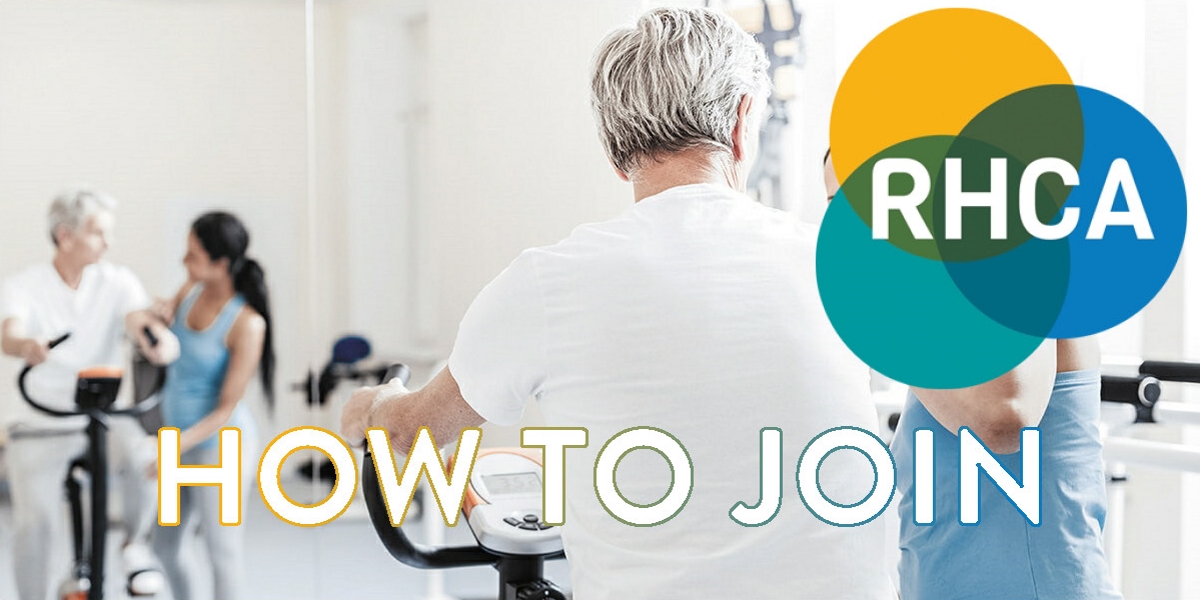 |
 |
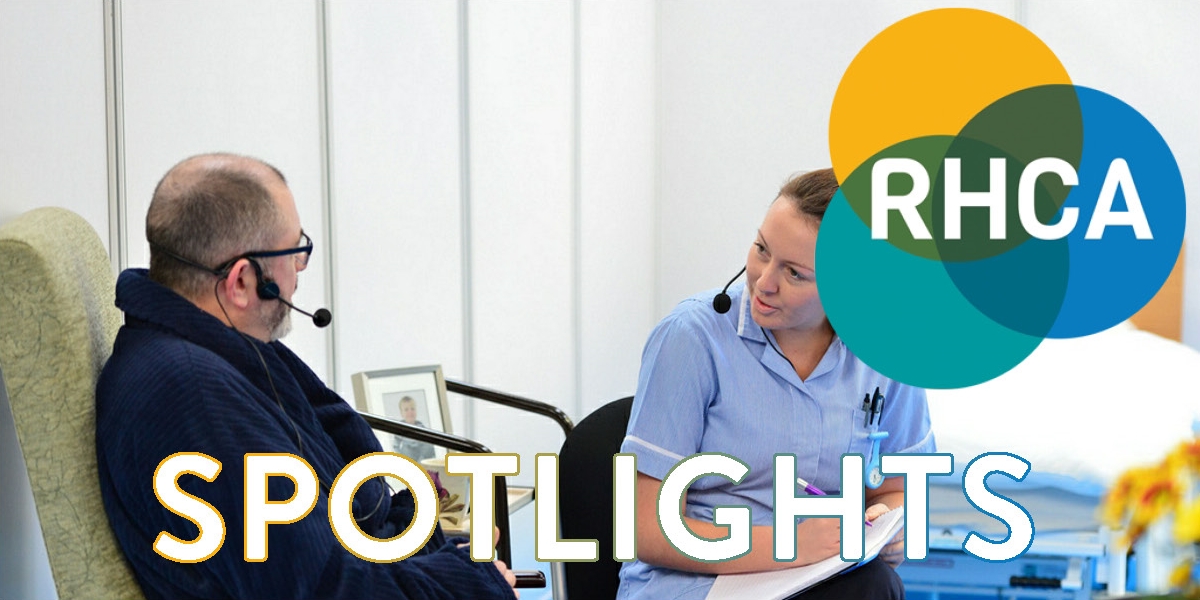 |
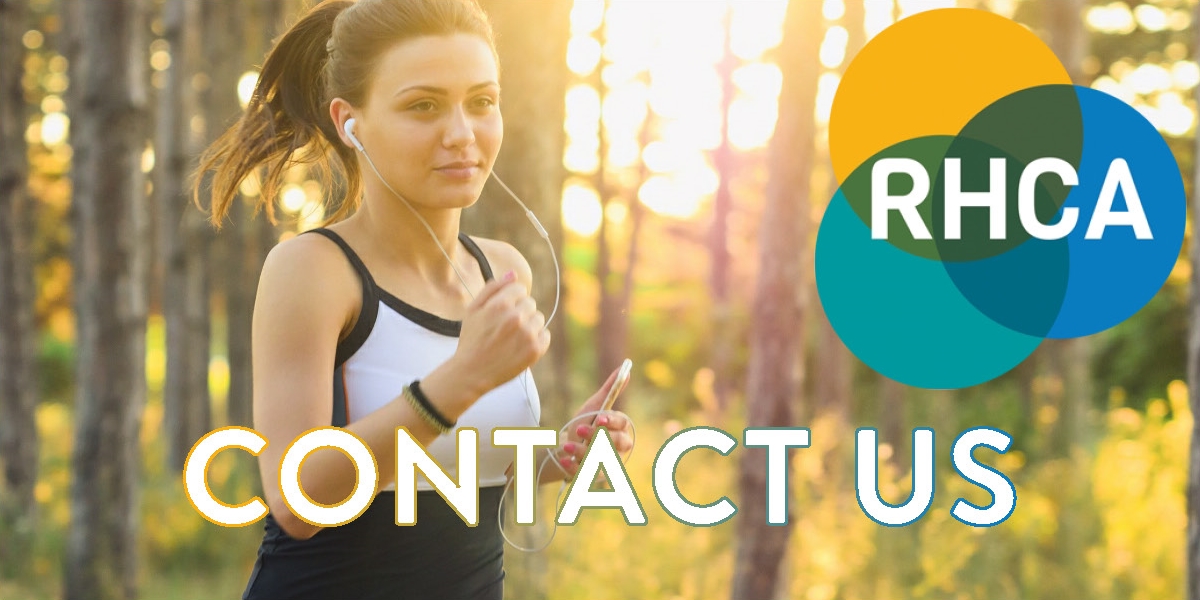 |




